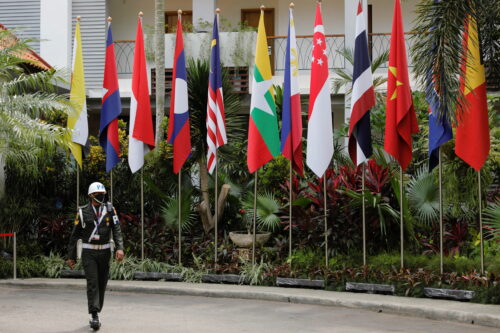TikTok brain drain as head of AI lab leaves ByteDance?
The head of an artificial intelligence lab at the company behind TikTok has left the private sector in China to join the University of California at Santa Barbara.

Since 2016, Lǐ Lěi 李磊 has been the director of the Artificial Intelligence Lab at ByteDance, the Beijing-based company behind TikTok, Douyin, and a number of hit Chinese apps that are all driven by AI technologies. Li “is one of the authoritative Natural Language Programming (NLP) scientists of our time,” per Pandaily, or as Sohu put it (in Chinese): “A big cheese” — literally, big cow 大牛 dà niú — of the AI world .
Li has left ByteDance to join the University of California, Santa Barbara, as an associate professor, reports Yicai, which says he “is the latest in a string of Chinese scientists to leave the corporate world for academia where there is less pressure to make money and more opportunity to do proper research.”
Context: Resigning is the hot new startup
In May, ByteDance founder and CEO Zhāng Yīmíng 张一鸣 announced that he would step down from his chief executive position. This came after the fall from grace of Jack Ma (马云 Mǎ Yún), the resignation of upstart ecommerce giant Pinduoduo CEO Colin Huang (黄峥 Huáng Zhēng), and the stock wipeout of Meituan after CEO Wáng Xìng 王兴 posted a Tang dynasty poem to social media.
So while UC Santa Barbara is no doubt delightful, there may also be some push factors at play.
The algorithms are next
There’s another reason why Li’s move makes sense: Five of China’s top propaganda organizations yesterday released a set of recommendations (in Chinese) to stop “dissemination of incorrect content” and correct other political problems caused by the algorithms of internet companies.
A comment from Paul Mozur of the New York Times on Twitter: “For now it’s all vague, as government guidelines tend to be. It may take a while, but this certainly means more rules coming that will dictate algorithmic recommendation in China. Censors use algorithms already to police discussions.”






